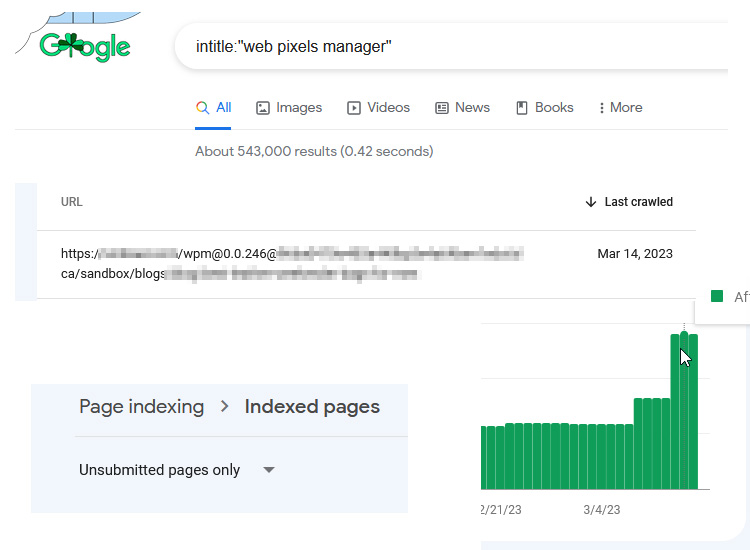Last Updated on March 5, 2023
While this question of “how long will a new domain take to rank” has many contributing factors and will usually be “it depends”, a simplistic answer would be:
up to 1 year
However, there are obviously many contributing factors that could both increase and decrease the time it takes to rank a website, such as:
- keyword competition – how competitive are the terms you wish to rank for.
- inbound links – the number and authority of links to your website.
- direct traffic – visitors directly typing your website into their browser.
- brand signals – the number of people searching for your brand/website in Google.
- social buzz – the number of mentions and referral visitors you get from social media.
- growth of the site – how quickly the number of quality pages grows on your website.
- conversion rate – how well does traffic interact with your site, is it a good fit.
However, it seems that Google likes to wait roughly 1 year before allowing a fresh domain name to rank within Google for any reasonable volume keyword, with domains being “sandboxed” for 12 months and then popping up in rankings without any other SEO being performed on the website.
This may also simply be that sites tend to take around 1 year to generate enough signals for Google to properly trust them for YMYL keywords.

Why does Google make it harder for new websites?
This is actually fairly obvious when you think about what Google’s goals are.
Google wants to provide the best experience possible for the people who search within its system. That means providing websites that have proven both to help users, and to remain consistent over time.
How do they prove that? Mainly by monitoring the user experience signals of people using your website over a long period of time, so that they can trust you will continue to do so – the best indicator of the future is the past.
What an aged website has over a new domain
The features that Google likes about old domains in comparison to new domains are:
- A history of serving users: they have shown over time that they are providing the user with something that is at least slightly relevant to the topic.
- Consistency: Google crawls websites regularly, and so it understands that an older website has been the same for many years, and therefore trusts that the publisher will not drastically change it any time soon.
What can you do to combat this problem?
There are plenty of things that you can do to try and get a new website ranking more quickly.
You could buy a related expired domain from a website auction site that’s still indexed within Google instead of using a fresh domain. This means that you retain the website age, and therefore avoid the 1 year sandbox. You must first check to make sure it hasn’t been previously spammed or penalised – and you would have to retain the brand and use the same brand name to maintain the appearance of it being the same website.
Or alternatively you can accept that SEO for a new website will be a long process with the majority of the wins delayed, and therefore make financial decisions with the understanding that it will take a while for this project to provide an ROI.
What next?
If you’re struggling to rank your new domain then you can always email me for some advice (info@matt-jackson.com), or book an audit.






This Post Has 0 Comments